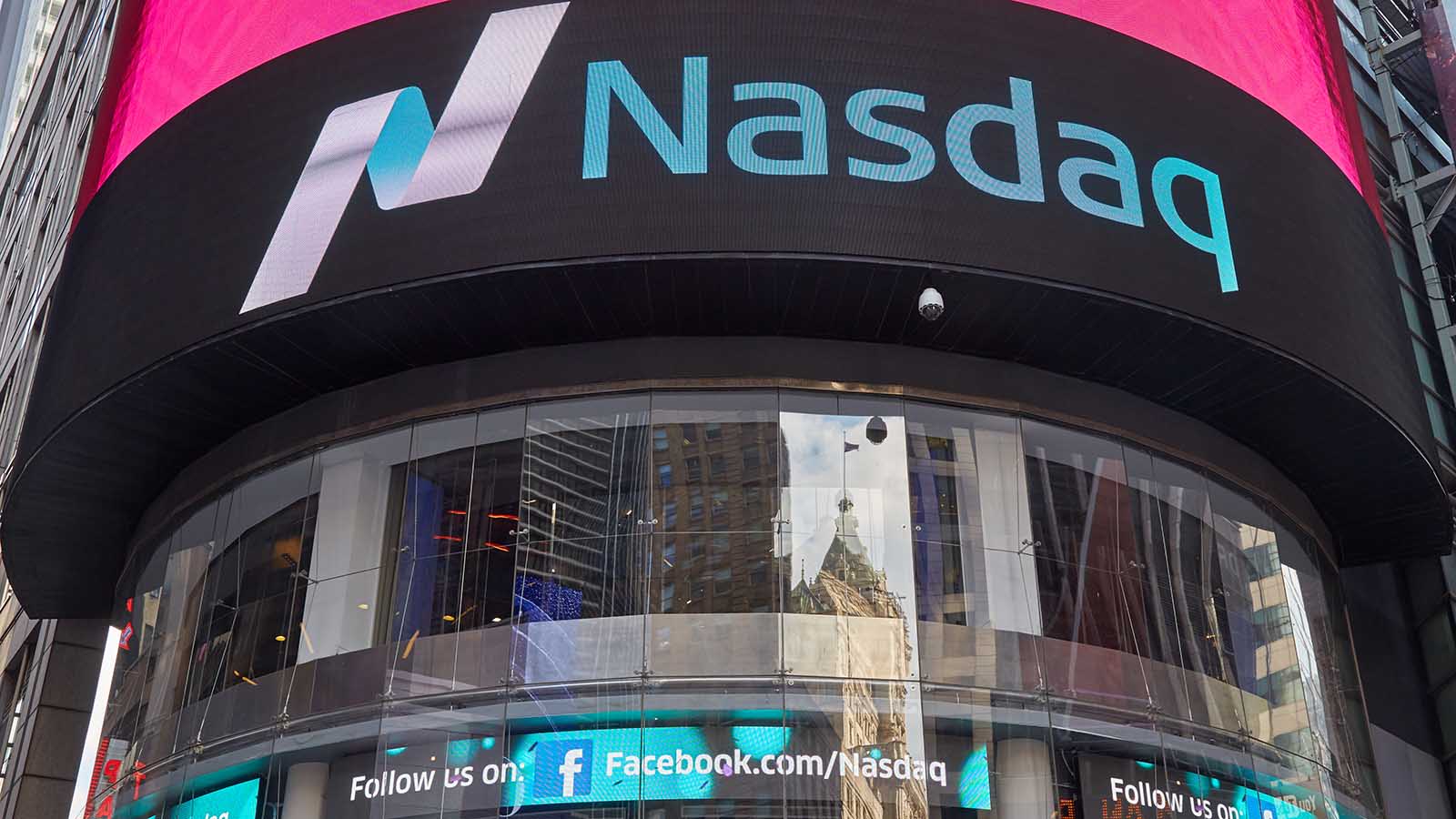As concerns about a global recession grow, it might be wise to consider divesting from certain Nasdaq stocks to sell. The Nasdaq is known for hosting a range of innovative tech companies. However, not all of these align with traditional market strengths. Specifically, some publicly traded companies on the exchange present a dual challenge: they are both high-risk and overvalued.
Given that the topic of selling Nasdaq stocks can be sensitive, I will focus this discussion on financial data. You might not agree with this analysis, and that’s perfectly acceptable. Indeed, the diversity of opinions is what enriches the free market. The aim of this article is to highlight specific companies that exhibit fundamental weaknesses.
I considered these Nasdaq stocks to sell due to a mix of their free cash flow problems, debt issues, competitive weaknesses, and overall risky and unfavorable positions. We’ve been on a historic bull market for the last couple of years. Furthermore, I think these companies will be the first to take a large hit when the market inevitably corrects itself.
So here are three Nasdaq stocks to sell for this month.
Canopy Growth (CGC)

As my colleague Joel Baglole wrote recently, Canopy Growth (NASDAQ:CGC) has been posting significant losses. Its stock price has been dramatically declining over the past years. Ongoing financial struggles and shrinking market share make its future uncertain.
Looking ahead, analysts have a conservative outlook on CGC’s stock, with current price targets suggesting a potential downside. The consensus price target is around $4.87, indicating a 38% decrease from the current levels.
However, I think that things are worse than they appear for CGC.
CGC recorded nearly a billion dollars in losses over the last 12 months. It only has $140 million of cash on its balance sheet. Furthermore, it already has nearly half a billion dollars of debt, too. The debt stands at $446 million, a huge sum for a company whose EPS has consistently been negative.
CGC has also undergone a massive shareholder dilution, with shares outstanding growing 70.58% year-over-year.
I think that even if CGC is somehow able to remain solvent, this dilution will continue at the expense or shareholders. At the minimumm its financial risk profile will increase, which then makes it one of those Nasdaq stocks to sell.
Beyond Meat (BYND)

Beyond Meat (NASDAQ:BYND) has seen its stock price plummet as losses mount and sales continue to decline.
Analysts have taken a bearish stance on BYND, as it has a “Sell” consensus rating, and EPS profitability is not expected to be reached in the foreseeable future.
The full-year forecast is set at $315-345 million, below the $343.8 million consensus. Despite a steep 24.1% negative gross margin in 2023, BYND aims to reach mid-to-high margins in 2024, with improvements expected in the latter half of the year.
Significant budget cuts of $70 million are planned for 2024, alongside efforts to optimize its manufacturing processes and adjust pricing strategies to support margin expansion.
However, I’m not sure this is enough to support BYND’s business moving forward. It has less than two years worth of cash on its balance sheet per its current rate of cash burn, and already has more than one billion dollars worth of debt.
BYND has an interesting premise, but I think it’s time for management to front up that it poses too much risk for investors to assume.
QuantumScape (QS)

QuantumScape (NYSE:QS) involved in developing solid-state batteries for electric vehicles, has faced skepticism about its technology’s viability and timeline
QS has no revenue or earnings, and has around three years worth of cash on its balance sheet before it must raise capital again, assuming all else being equal.
The dream of QS is being kept alive by some very optimistic projections from Wall Street, this includes its revenue surging to 1.38 billion in FY2028, and a steadily improving bottom line.
The problem is that these predictions are incredibly optimistic. It’s making a lot of assumptions about the viability of its business model, the success of its research team, the market’s adoption of QS’s solution, and so on. Normally assumptions are made on past data from sales and earnings, as well as other factors. But since QS lacks this history, what we’re left with is essentially opinion and speculation.
There many moving parts to the QS stock thesis, and any one of those parts, including unforeseen one’s going wrong can throw a spanner in the works severely, thus making it one of those highly risky Nasdaq stocks to sell, that are interesting nonetheless.
For 2024, QS plans to begin low-volume production of its QSE-5 prototype batteries, with expectations to ramp up to higher volumes in 2025. The company anticipates capital expenditures to range between $70 million and $120 million for the year, with an adjusted EBITDA loss projected between $250 million to $300 million.
On the date of publication, Matthew Farley did not have (either directly or indirectly) any positions in the securities mentioned in this article. The opinions expressed are those of the writer, subject to the InvestorPlace.com Publishing Guidelines.
